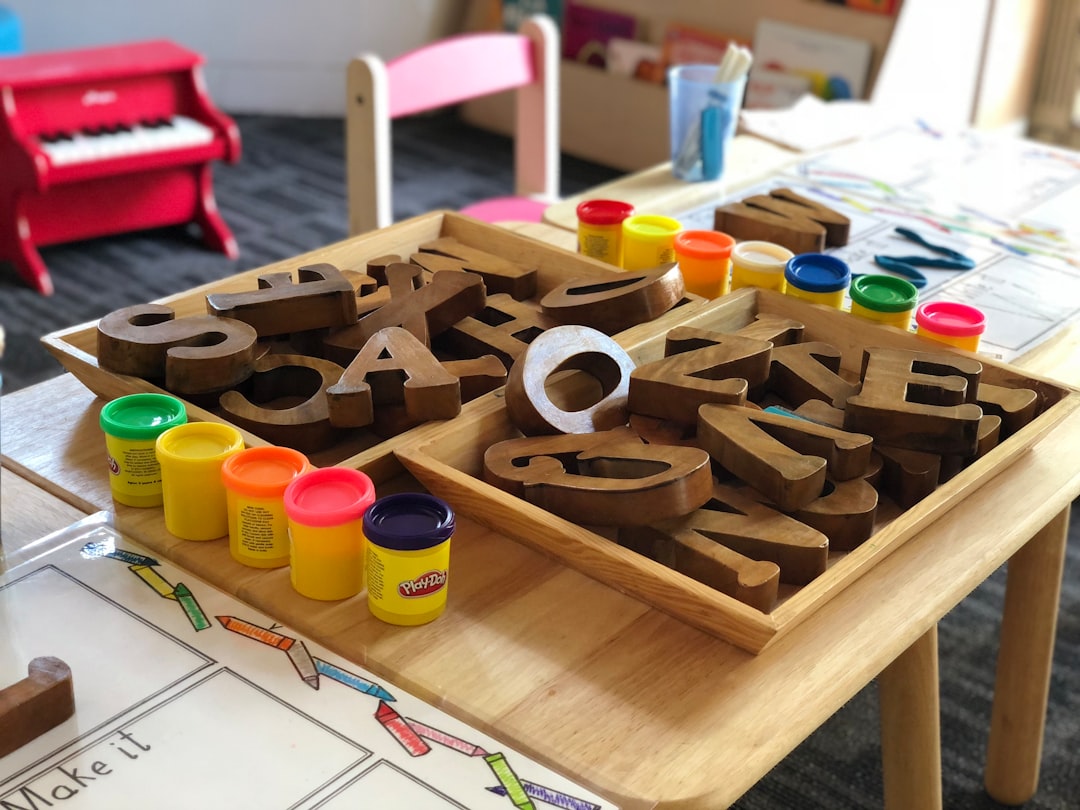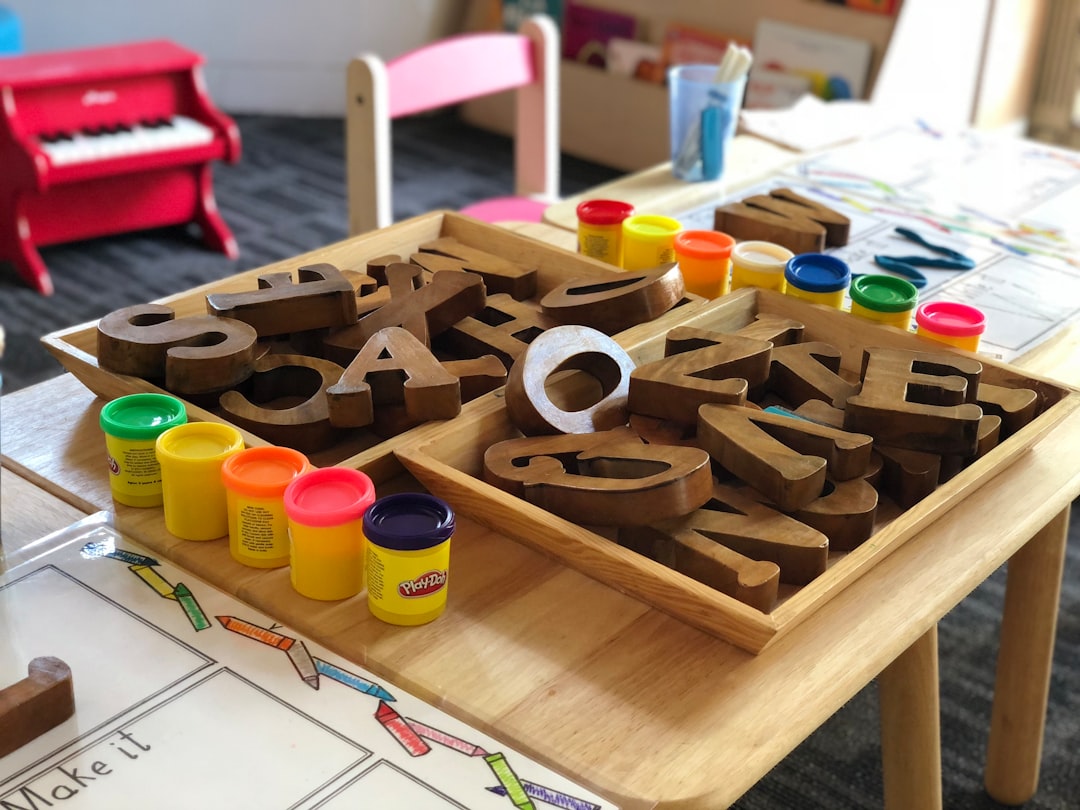Parental involvement in child safety, especially regarding sexual abuse, is crucial but often ignored. Parents in Colorado have legal rights and responsibilities to protect their children from sexual abuse. Engaging with reputable professionals like Sexual Abuse Lawyer Colorado or a trusted sex abuse attorney from a reliable firm can help navigate complex legal matters and ensure child safety. These experts guide parents, advocate for their child's best interests, and foster community awareness through educational sessions. Creating safe care environments involves proactive strategies, such as robust policies, staff training, consent education, and clear reporting protocols. Organizations can empower caregivers to protect individuals at risk and reduce the likelihood of sexual abuse.
Understanding Parental Rights and Responsibilities in Child Safety

Parental involvement in child safety is a critical aspect often overlooked but with significant implications. In the context of sexual abuse cases, understanding one’s rights and responsibilities becomes even more crucial. Parents have the legal right to be informed about any potential risks or incidents affecting their child’s well-being. This includes receiving timely notifications if there are concerns regarding sexual abuse or exploitation.
In Colorado, various laws protect both parents and children, ensuring a safe care environment. Engaging with a reputable Sexual Abuse Lawyer Colorado or a trusted sex abuse attorney from a reliable law firm can help families navigate these complex legal matters. These professionals guide parents through their rights, assisting them in advocating for their child’s safety and securing justice if necessary. They provide essential support, ensuring that the best interests of the child are at the forefront during this challenging time.
The Role of Advocacy in Protecting Vulnerable Children

In many cases, parental involvement plays a pivotal role in protecting vulnerable children from potential harm and sexual abuse. Parents or guardians who are actively engaged and aware of their child’s surroundings can serve as the first line of defense against predators. They can educate their children about personal safety, consent, and boundaries, empowering them to make informed decisions. Moreover, parents can advocate for safe care environments by holding educational sessions at schools, community centers, or through local support groups to spread awareness about sexual abuse prevention.
When a child experiences sexual abuse, having a dedicated Sexual Abuse Lawyer Colorado, Sex abuse attorney Colorado, or a reputable Sexual Abuse law firm Colorado becomes crucial. These legal professionals specialize in navigating complex cases involving sensitive topics and can provide the necessary guidance and representation. They work tirelessly to ensure justice for the victim, offer support during legal proceedings, and help establish safer environments by holding perpetrators accountable through the court system. Effective advocacy not only brings closure but also contributes to a culture of prevention and protection for all children.
Strategies for Creating Secure Care Environments: A Legal Perspective from Sexual Abuse Lawyers Colorado

Creating safe care environments is a multifaceted endeavor, and from a legal perspective, Sexual Abuse Lawyers Colorado emphasize the critical role of proactive strategies. These experts, with deep insights into cases involving sexual abuse, advocate for robust policies and procedures to safeguard individuals at risk within various settings. One key approach is implementing comprehensive training programs for staff on recognizing signs of potential abuse and responding appropriately. This includes education on consent, personal boundaries, and age-appropriate behaviors, empowering caregivers to create a more secure atmosphere.
Additionally, Sexual Abuse Law Firms Colorado recommend establishing clear reporting protocols and designating specific individuals responsible for handling concerns or incidents promptly. Regular audits and assessments of care practices can help identify vulnerabilities and ensure compliance with legal standards. By integrating these strategies, organizations can foster an environment where every individual feels respected, protected, and valued, thereby reducing the risk of sexual abuse and promoting a culture of safety.






